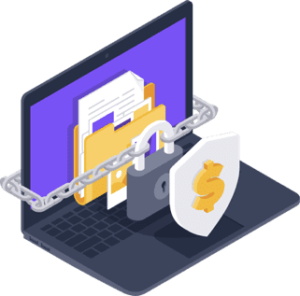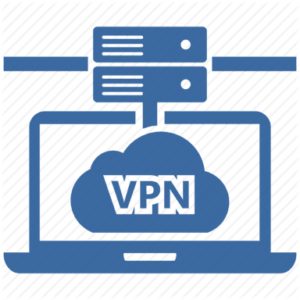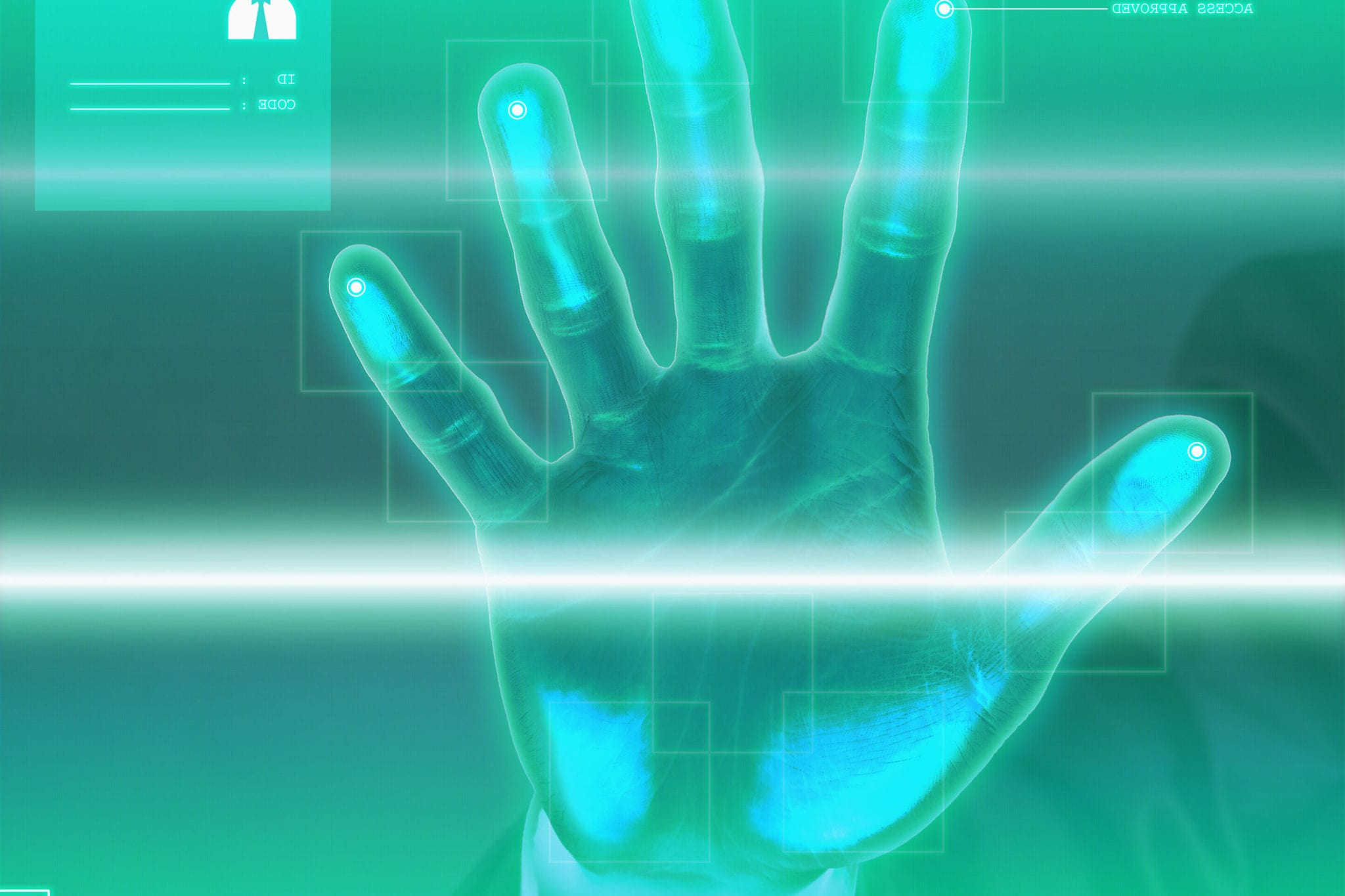The global network entertains, teaches, introduces, and helps us to earn. However, without knowledge of the rules of digital hygiene, it is easy to become a victim of scammers. In this article, we will tell how to protect yourself on the Internet with the help of VPNs, which can be found here, and other facilities.
The Main Dangers
The main threats when using the Internet are:
- Fraud. When a user pays for purchases or services with a bank card on a malicious site, the creators of the resource can get access to the user’s details.
- Hacking. This is the case when the attackers get logins and passwords from the mail, online banking, or social network.
- Data leakage. Some people collect personal information of others for transmission to third parties. Facebook got into such a scandal. The social network allowed a massive data transfer of 50 million users, who were then shown political targeted advertising.
- Phishing. These can be fake sites of popular services or mailings that are disguised as mailings from reputable sites. They are designed for the inattention of a person and try to get access to confidential data.

What helps to protect yourself on the Internet
You do not need to build a defense against each type of threat. It is enough to observe comprehensive security measures. This will reduce the likelihood of the leakage of personal information and prevent malicious software from starting.
-
Complex Passwords
The complexity of passwords directly determines their reliability, so it is recommended to use long random combinations of characters. First, it’s almost impossible to guess them using special programs. Secondly, they are not tied to the user’s identity.
The password in the form of the name of the spouse or child, date of birth, dog’s name, name of your favorite team is directly related to you. This is the information that attackers will be able to pick up if they get access to your social network, mail, or computer.
Do not use the same passwords. Ideally, each case should have its own combination. It is dangerous to use the same password for all email accounts, social networks, and banking services.
Everything will be difficult to remember. Therefore, install the password manager for storage:
- KeePass
- LastPass
- RoboForm

-
Virtual Private Networks
VPN is a secure network that hides the IP address and location. It securely encrypts all traffic and data transmitted from the device. If you need to bypass the site blocking, get anonymity online, connect to Wi-Fi in a public place, or to have secure connection between two locations or companies, use a VPN.
The technology itself works like this:
- Information is encrypted on the device.
- Then, it is transferred to the server of the VPN provider.
- Then, it is decrypted on the server.
- Finally, it is sent to the destination.
Thus, personal information is protected from interception. It is entirely encrypted, and personal data is hidden. And the websites that are blocked in your country start working. Presence on the network looks like you use the Internet not from your current place, but from another country where the VPN server is located.
-
Temporary Anonymous Email
Temporary email is a box with a random address and a limited lifetime. It is convenient when you need access to the service with registration, and you do not plan to use it for a long time. In addition, temporary emails usually do not ask to log in or specify personal information. Just go to the site and apply it.
There is a lot of services for temporary email, and it is not difficult to find a convenient option. The most popular are:
- Temp Mail
- Dropmail
- Tempr
- EmailOnDeck
Such email does not protect against the consequences after clicking on suspicious links and does not prevent the data from being drained on the phishing resource. However, it helps to minimize incoming spam, which hides different dangers.
-
Permanent encryption
You need to use resources that network address begins with HTTPS so that the result of the actions on the site does not become a leak of personal data or a spam attack on the mail. This means that the connection between you and the server is encrypted. Therefore, the information cannot be intercepted.
Modern browsers are reminiscent of the risk of an unencrypted connection. If the certificate data do not match, a warning appears on the screen. However, it can be ignored by clicking, “I accept the risk.”
To increase security and encrypt as much Internet traffic, you can use different programs which can be used for free. It automatically forces sites to use the HTTPS protocol instead of HTTP. It can be installed in Google Chrome, Mozilla Firefox, and Opera browsers, as well as on mobile devices.
-
Two-factor authentication
You should use two-factor authentication to protect yourself on the Internet. This means that when you try to log in to the service, you will need to specify two secret evidence parameters. With standard input, there is only one such parameter, which is called the password. In the case of two-factor authentication, you will need to enter another one. Most often this is a randomly generated code that is sent via SMS to the phone. If the attacker has gotten the password, he will not be able to log into the account. Now two-factor authentication is used by most significant services: Microsoft, Google, Facebook, Instagram, Steam, etc.
-
Caution with email
Be careful with the files attached to the letters in the email. Never open them if the source is unknown. Otherwise, make sure that he sent you an important document. Do not also forget to check the file with an antivirus. Maybe, the sender spreads threats but does not suspect it himself.
-
Timely software update
Hackers improve their tools, and developers strengthen the defense. Both sides study each other’s methods and try to respond to changes on time. New options for hacking develops every day. Therefore, to reduce the risks to a minimum, you should regularly update the software. It includes antivirus, operating system, and browser.


